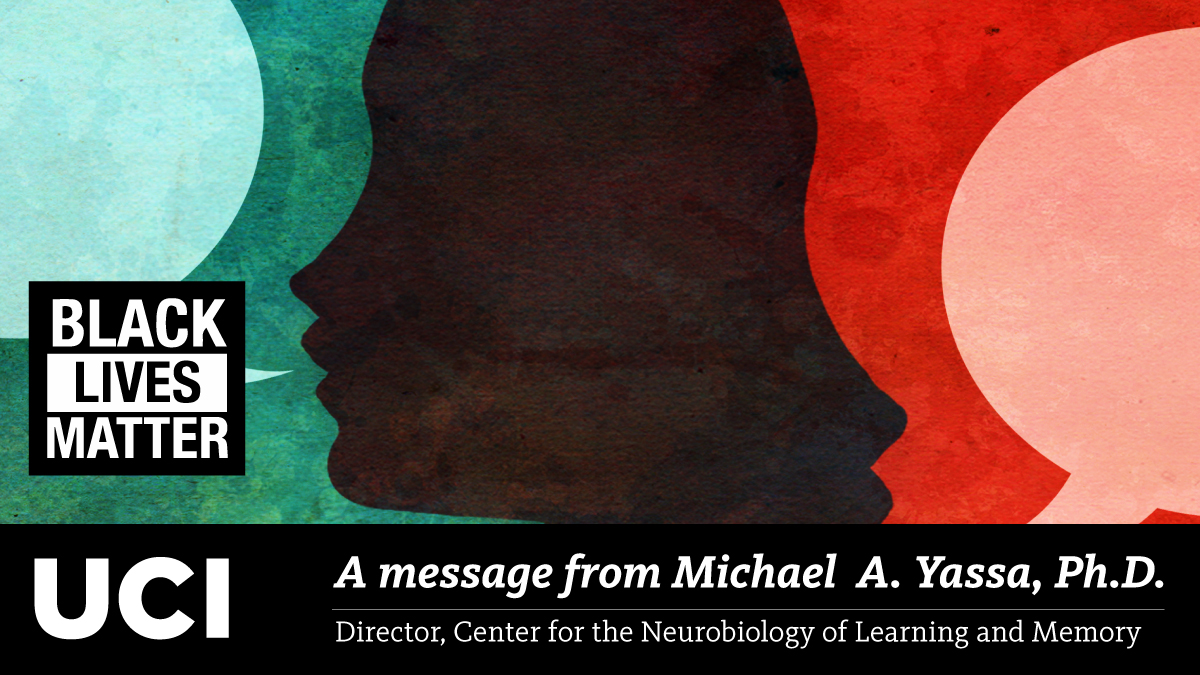
Friends,
We have watched in horror and grief as the events of the last few weeks transpired, exposing systematic anti-Black racism as persistent, pervasive, and lethal. It is a fundamental issue that plagues our society and reminds us that our work is far from done.
While we can look back on the progress made since the Civil Rights Movement of the 1950’s and 1960’s, the senseless murders of George Floyd, Breonna Taylor, Tony McDade, Ahmaud Arbery, and so many others remind us that we still have a long way to go to ensure that our society ceases to dehumanize and abuse Black people and instead treats Black lives with equal respect.
Police brutality is just one visible element of how the rights of our Black colleagues, friends, and neighbors are violated daily. Underneath the visible atrocities, a less visible threat has long festered – a deeply-rooted anti-Black racism that has marred our nation since the very beginning of its existence. It has cost countless lives and livelihoods, destroyed families and communities, and crippled our nation’s ability to achieve the basic goal of equality.
The scientific community has been slow to act against the many forms of anti-Blackness. Our de facto inaction has limited the participation and success of Black men and women in our fields as undergraduates, graduate students, postdocs and faculty. Even the peer review process yields differential outcomes for Black scientists. In the process, we have contributed to a pernicious myth that the capacity for science and scientific authority is white, or anything but Black.
I write to you today not only as the CNLM’s director, but also as a mentor, a father, a neighbor, a person of color, and as someone who is complicit in an anti-Black culture. We must recognize how our own actions contribute to the culture that allows unforgivable police brutality to persist. In the academic environment, implicit bias and microaggressions, and even explicit racism, remain rampant and consequential, contributing to the low recruitment and retention of Black scientists. The absence of a clear and systematic commitment to the mentoring and professional success of Black faculty and students also remains a significant challenge. Not talking about these challenges because it makes us uncomfortable is no longer an option. We can do better. We must do better.
This is a pivotal moment in our history, a moment of reckoning in which we, as a nation, can choose to say, “enough is enough.” A moment upon which we can look back decades from now and be proud of the actions we have taken against racism. A moment in which we can stand in solidarity with the Black community, united in the fight for equality. A moment when the words “Black Lives Matter” can transform from a message of struggle to become a beacon of hope. We have to choose to forge this future and denounce the unconscionable alternative.
I pledge to speak out against racism, to be an ally, to actively listen and do my best to understand the struggles and challenges that our Black community goes through every day, to be an advocate and a supporter, and to be a part of the solution and no longer part of the problem.
I pledge to help develop better mentorship structures for Black faculty and students, to work together to establish better support systems and achieve better outcomes, to do everything possible to ensure that a Black scientist’s professional success is the rule rather than the exception.
I pledge to always create a safe and inclusive atmosphere in the lab and at the CNLM, that does not marginalize any individual from any race, color, or creed.
I pledge to always keep an open door, listen more than speak, and invite uncomfortable and difficult conversations on race and equality issues, so that we may better understand and confront them together.
I pledge to do better and I hope you will join me in doing the same.
Over the coming months, the CNLM will host a number of programs and workshops to listen intently and discuss racism, bias, and inequality and the impact of these issues on the mental health and professional success of our Black community. The goal will be to develop a comprehensive plan of action.
In the coming few weeks, I will be appointing a CNLM task force to review our diversity, equity, and inclusive excellence practices, solicit broad participation and feedback, and formulate concrete proposals to fight institutional racism and promote the success of our Black students and faculty.
Please know that this is only the beginning and we have a long and arduous road ahead to accomplish our goal of racial justice and equality. I promise to stay the course no matter how long or difficult. To our Black community, I want you to know that I stand by you, now and always. Black Lives Matter. You matter.
In the meantime, I would like to share a link to a new website we are curating with resources on anti-racism as well as notes on our progress, discussion and action plans. Please bookmark the website and join the mailing list if you are interested in receiving regular updates or participating in those conversations.
Times of challenge and controversy may divide us, but our actions and moral resolve can bring us together as one. I hope that when we look back on this moment, we can say that we were on the right side of history. I hope we can say we made a difference.
Sincerely,
![]()
Michael A. Yassa, Ph.D.
Professor, Neurobiology and Behavior
Director, Center for the Neurobiology of Learning and Memory
